Vice Dean of Green Transition at CBS: Not everyone at CBS must work passionately to solve our climate crisis
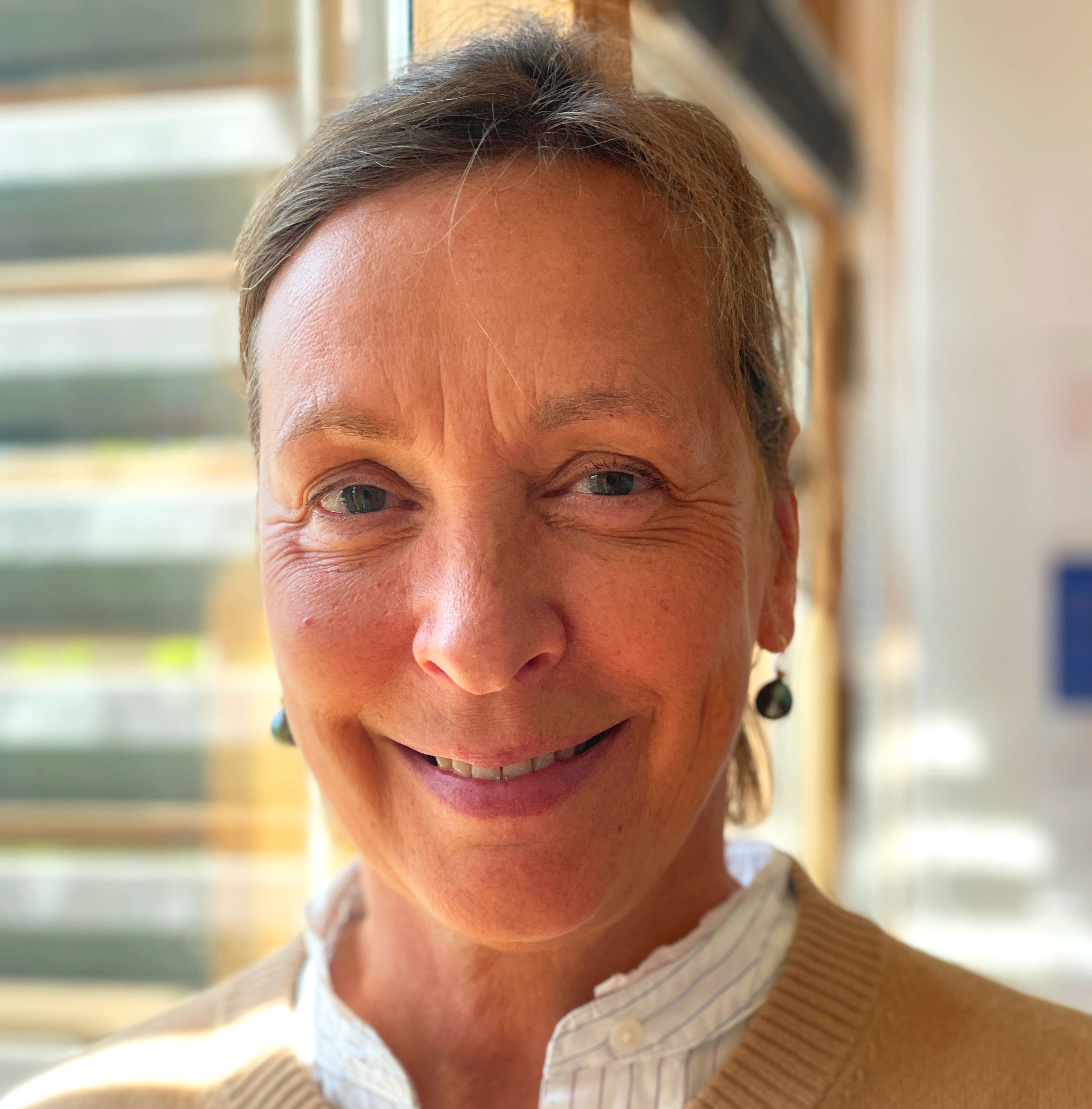
Hanne Harmsen is CBS' Vice Dean of Green Transition. She believes that social sciences should be allowed a more crucial role in the debate about the green transition. (Photo: Ida Eriksen)
More students and employees at CBS should make an effort to help the green agenda, but not necessarily everyone at our university has to join in, according to Hanne Harmsen, CBS’ Vice Dean of Green Transition. “I don’t believe in universities with a single agenda,” she says, adding that we also need our politicians to acknowledge the importance of social sciences when solving our climate crisis.
In several European countries, universities have rules on sustainability goals defined by the government. This is the case in France and Norway, for example. But here in Denmark, for now at least, universities can still set their own goals and drive the green transition.
As an element of CBS’ strategy to contribute to new knowledge and education related to sustainability and the global climate crisis, a Vice Dean of Green Transition, Hanne Harmsen, was appointed at CBS in 2021, during the Covid-19 crisis.
She believes that universities have a major responsibility to both facilitate the green transition and play an active role in society.
“Any university should feel invited to solve the big challenges of the world. We should all feel an obligation to contribute to being more sustainable. Taking that role as a university is unavoidable,” she says.
However, she feels that a narrow view on the climate alone could cause trouble for CBS.
“I don’t believe in universities with a single agenda. If we put everything into ticking a climate change box, we risk being too narrow,” Hanne Harmsen says.
Because even though CBS can do more to drive the green change, not all students and staff must play an active part in that change, she elaborates.
“I don’t aim for 100%, meaning that not everyone at CBS need to be taking an active role in solving our climate crisis. It is OK that some people are more passionate about these problems than others, and that people devote energy to different fields. None of us really knows what will be needed in the future, so a narrow focus can be dangerous,” Hanne Harmsen explains and adds:
“On the one hand, the Senior Management should push the green agenda, but on the other hand, not so hard that people lose their motivation to make a real difference. It is a delicate balance.”
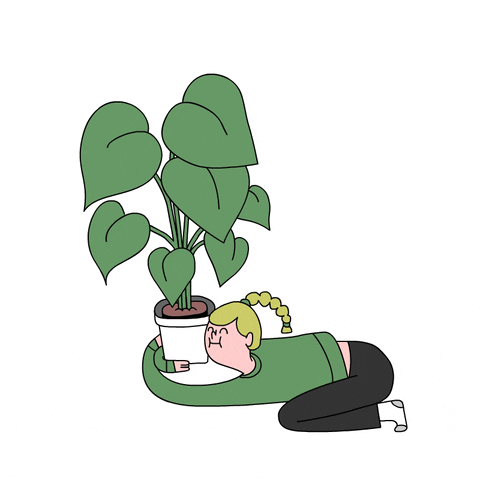
Social sciences are part of the solution
Yet much still needs to be done about the green agenda at CBS and in society in general, Hanne Harmsen believes.
“I think it is a problem that politicians focus mainly on technology as the sole solution to the climate crisis. Complex problems must be solved by cross-disciplinary research – not only by technology developed at STEM universities,” she says.
Social sciences, meaning how we behave and why, are equally important if we want real change in the world, according to Hanne Harmsen.
“We just had a Covid crisis, and almost all the focus was on developing vaccines. But in some countries, getting people to accept the vaccines was a real problem. People were worried, and that underlines the importance of social sciences. If you don’t understand the role of how you communicate information and form trust, then you can’t change attitudes,” she says, adding:
“The same is true about the way we perceive alternative energy sources. Many of us think windmills and solar panels are great ideas. At the same time, we are not too keen on having a windmill near our house, making noise, and disturbing our view. So, we need social sciences to understand people so we can make real lasting changes.”
A lot to offer but insufficient investments
Even though CBS has a lot to offer in the field of social sciences, we are still often overlooked as key players when it comes to the green transition, Hanne Harmsen believes.
“We have plenty of relevant research in finance, governance, consumer behavior, leadership, and transformation, for example, which can really help to develop substantial solutions for the green transition,” she says.
CBS is the largest social science entity in Denmark, so we should take a leading role in showing the importance of social sciences for the green agenda
Hanne Harmsen
Stakeholders are increasingly recognizing this on a theoretical level, but when actually investing and putting their money where their mouths are, they are holding back, Hanne Harmsen thinks.
“We simply don’t get as much money as other universities in these cross-disciplinary areas,” the Vice Dean of Green Transition says.
Therefore, she will actively work to increase transparency about where CBS can support the green agenda.
“CBS is the largest social science entity in Denmark and is already actively engaged in green transition research and educational content, so we should take a leading role in showing and also lobbying for the importance of social sciences and humanities for the green agenda. I will work hard to make external funders understand all the benefits that CBS can bring to the table,” Hanne Harmsen concludes.



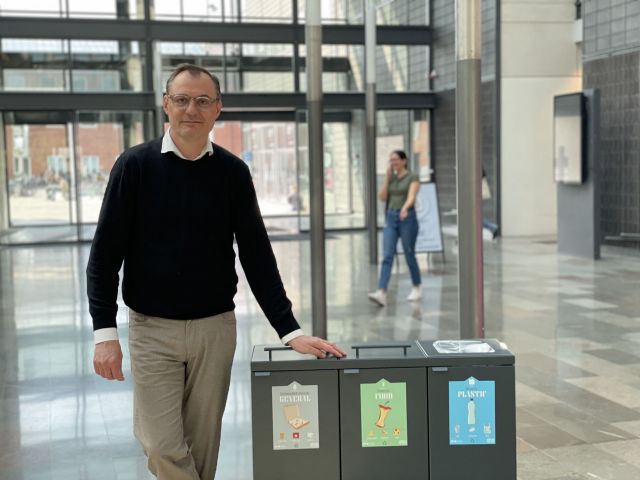
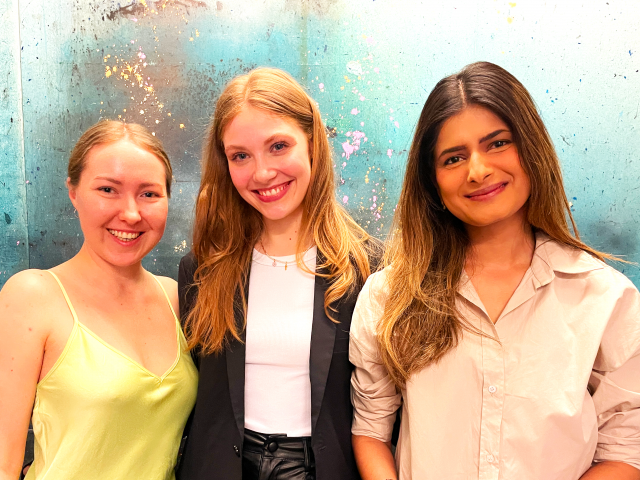

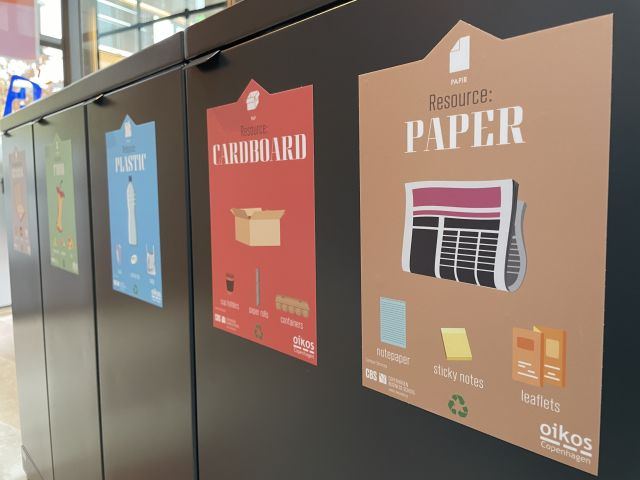

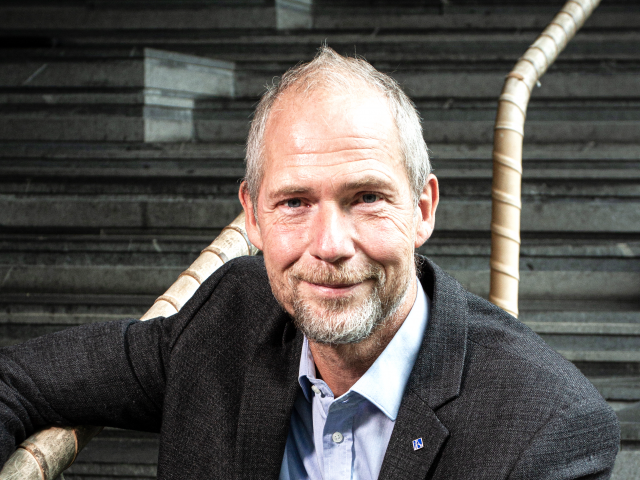
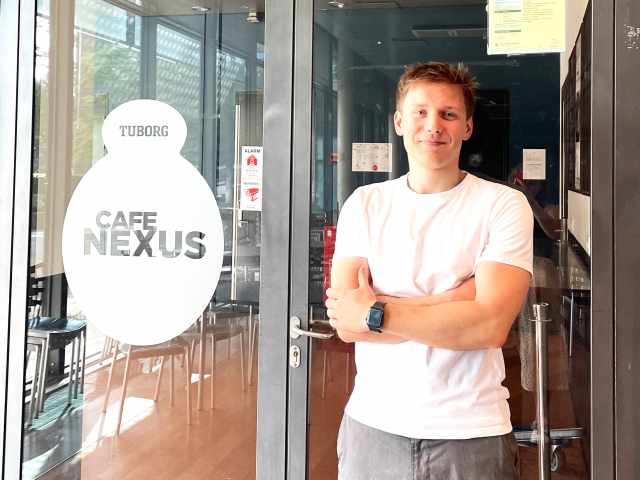




























































































































Comments